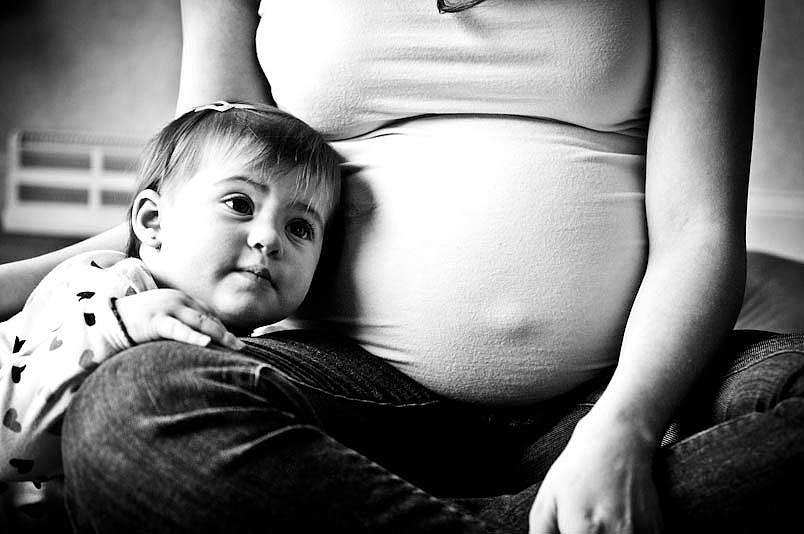Huge children’s study languishes as criticisms and costs mount

The National Children's Study would track children from before birth into adulthood.
It was supposed to be a massive new landmark study that delivers reams of data on questions critical to understanding children’s health: How do factors such as the physical environment, social settings and genetics combine to influence children’s health, from the womb all the way into adulthood?
But the long-delayed National Children’s Study (NCS) is in deep trouble even before it’s officially begun. Outside experts faulted the study’s methodology and leadership on a host of points earlier this year, and the study’s projected costs have risen beyond $1.5 billion for the first seven years alone.
After the June release of a National Research Council and Institute of Medicine report that thoroughly criticized the study’s plan, the director of the National Institutes of Health put the study on hold, even as he pledged to assemble yet another batch of experts to advise him on its future course. Those additional recommendations are due back in December, according to Kaiser Health News.
Among the questions NIH Director Francis Collins said he wants answered: “Is this study, as currently outlined, actually feasible in the face of significant budget constraints?”
The study’s missteps are unfortunate, as it has the potential to offer an unprecedented look at the factors shaping children’s health. “If carried out successfully, the survey has the potential to be the most comprehensive study of child health and development in the world,” said Princeton sociology professor Sara McLanahan, one of the authors of the highly critical June report, in a statement earlier this year.
A primer on the longitudinal study lays out the sheer breadth of its concerns: “Analyzing links between children’s environmental exposures and their health will facilitate research into such conditions as birth defects, pregnancy-related problems, injuries, asthma, obesity, diabetes, behavior, learning, and mental health disorders.”
With conditions such as asthma and obesity on the rise in recent decades, researchers say there’s a need for better nationwide data on the contributing role played by children’s immediate environment. There’s been a growing appreciation of the early origins of many adult chronic diseases in recent years.
“Nearly all domains of later health experience, including cardiovascular disease, various cancers, respiratory disease, cognitive decline, and psychological impairment, have been associated with early-life exposures of one kind or another,” wrote epidemiologist Debbie Lawlor and colleagues in a 2009 journal editorial.
The NCS would gather new data on such “early-life exposures” by following a cohort of 100,000 U.S. children from before birth through the age of 21.
The study dates back to the Children’s Health Act, signed by President Bill Clinton in 2000. Clinton had earlier appointed a task force charged with devising policy recommendations to protect children from environmental health risks.
Since then, the planning gears have turned slowly, though with Congressional funding increasing annually through 2012. In 2013, a concerned Congress appropriated $165 million for the study, but with strings attached — NIH was required to first commission an outside review by experts of the study’s methodology. It was that assessment that fully revealed the extent of the study’s troubles.
The IOM report zeroed in on serious errors in the study’s methodology. For example, the study planned on recruiting half of the children at birth rather than prenatally, when important exposures often occur. The reviewers also criticized the NCS program for a lack of “sufficient in-house expertise in relevant scientific and survey research disciplines.”
Other problems identified include ballooning costs, problems recruiting and retaining subjects in the study’s Vanguard pilot program, leadership turnover and uncertainty over the most effective sampling techniques.
That all adds up to a deeply inauspicious start for what’s supposed to be an unprecedented look into the physical and social determinants of children’s health – that’s assuming it starts at all. Even if the NIH panel does recommend moving forward with a revised study in 2015, the study’s incubation will have lasted four-fifths as long as the 21-year study would itself.
For those eager for new data on urgent questions of children’s health, the arc of scientific progress can seem long indeed.
Photo by J.K. Califf via Flickr.

